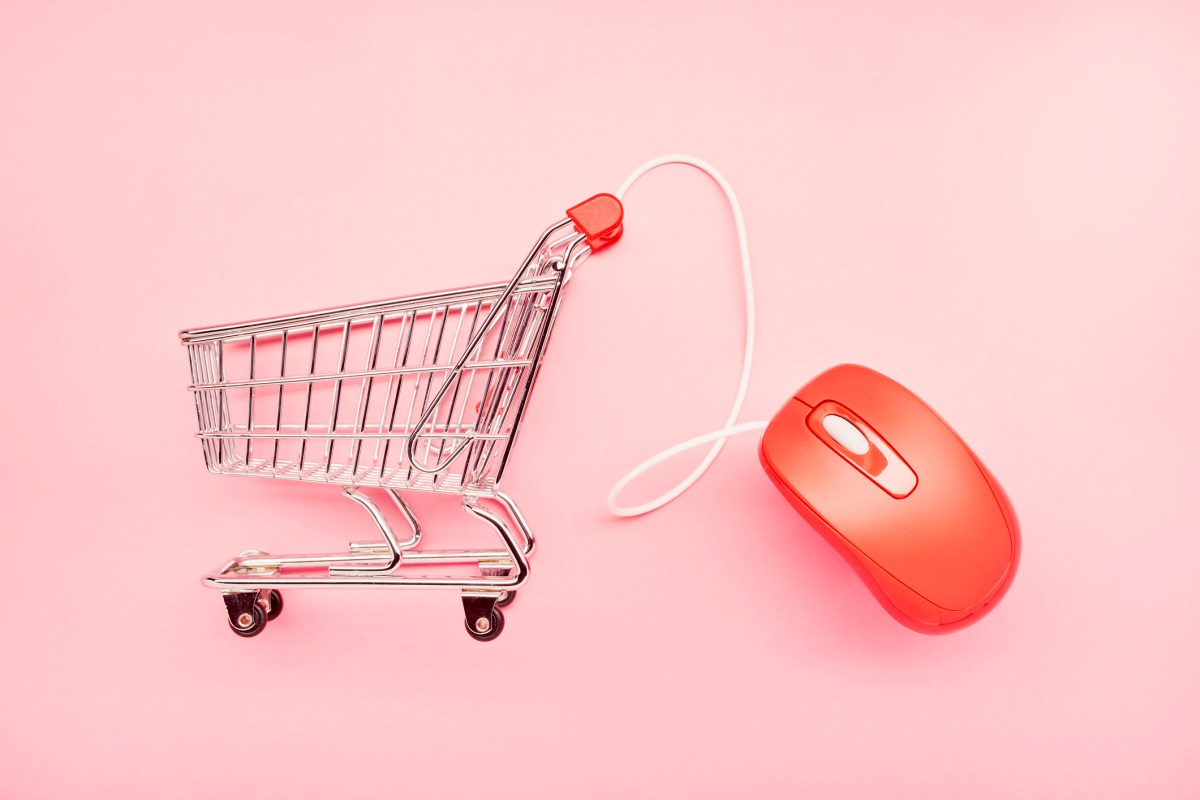Like virtually every sector in the business world, the secondhand industry is grappling with the ramifications of President Donald Trump’s tariffs.
However, based on the comments made by eBay and Etsy earlier this week, both don’t appear to be overly concerned.
The companies recently reported Q1 2025 earnings results, both addressing the pressing topic of tariffs. eBay and Etsy are resilient to an extent, largely due to their sellers’ approaches to sourcing products. In contrast to import-reliant rivals like Temu and Shein, which recently raised prices in response to tariffs, many eBay and Etsy sellers in the U.S. mainly source their products locally, often selling used, vintage, or handmade items.
The companies provided data during their earnings calls to demonstrate the minimal exposure to tariffs.
eBay’s CEO Jamie Iannone said, “Our greater China to U.S. quarter makes up about 5% of total [gross merchandise value] for us. And China overall is a little less than 10%.”
Similarly, Etsy’s CFO, Lanny Baker, said, “At present, Etsy’s direct tariff exposure appears to be relatively low given that just over 1% of [gross merchandise sales] comes from U.S. imports of items purchased from sellers in China.”
Etsy’s CEO, Josh Silverman, added, “Most are solo entrepreneurs working from their home with 90% sourcing their supplies domestically.”
Techcrunch event
Exhibit at TechCrunch Sessions: AI
Secure your spot at TC Sessions: AI and show 1,200+ decision-makers what you’ve built — without the big spend. Available through May 9 or while tables last.
Exhibit at TechCrunch Sessions: AI
Secure your spot at TC Sessions: AI and show 1,200+ decision-makers what you’ve built — without the big spend. Available through May 9 or while tables last.
Berkeley, CA
|
June 5
BOOK NOW
Having sellers with local sourcing strategies can provide a significant advantage over competitors like Temu, Shein, and Amazon. However, secondhand companies still have to deal with the challenges that come with the ongoing economic uncertainty and consumer spending habits.
Etsy appears to be slightly more vulnerable when it comes to this. Etsy’s core business model focuses on handcrafted and vintage goods, which tend to be priced higher. So, while Etsy sellers may not feel the effects of tariffs, customers are still hesitant to spend, leading to a 3.4% year-over-year decline in active buyers, bringing the total to 88.5 million. The number of habitual buyers was down 11%, totaling 6.2 million.
Additionally, Etsy reported an 8.9% decline in gross merchandise sales (GMS) for the marketplace to $2.3 billion.
On a positive note, Etsy continues to benefit from its ownership of Depop, a secondhand fashion platform that remains popular amid the looming recession. Since acquiring Depop in 2021, the platform has achieved record-high GMS. The company didn’t disclose specific figures.
“Etsy has a strong track record of navigating turbulent macroeconomic conditions, and we’re confident in our ability to keep adapting,” Silverman said.
In contrast, eBay is in a stronger position because more price-conscious shoppers are choosing used and refurbished goods, which the company said accounts for over 40% of its inventory. The company reported that customers eager to avoid tariffs have increased their spending, giving eBay a solid start to the quarter.
“We have observed healthy volume trends due to strength in our focus categories and what could be a modest pull forward of demand from consumers worried about increased costs and complexity at U.S. customs in the near future,” said eBay’s CFO, Steve Priest.
The company’s gross merchandise volume (GMV) grew to $18.8 billion, while revenue increased over 1% to $2.58 billion.
Topics
Commerce, eBay, Etsy, secondhand marketplace, Tariffs
Lauren Forristal
Lauren covers media, streaming, apps and platforms at TechCrunch.
View Bio
May 13, 2025
London, England
Get inside access to Europe’s top investment minds — with leaders from Monzo, Accel, Paladin Group, and more — plus top-tier networking at StrictlyVC London.
REGISTER NOW
Most Popular
Duolingo launches 148 courses created with AI after sharing plans to replace contractors with AI
Aisha Malik
Microsoft CEO says up to 30% of the company’s code was written by AI
Maxwell Zeff
Google launches AI tools for practicing languages through personalized lessons
Aisha Malik
Indian court orders blocking of Proton Mail
Jagmeet Singh
Hugging Face releases a 3D-printed robotic arm starting at $100
Kyle Wiggers
From coding tests to billion-dollar startups, Ali Partovi’s eight-year experiment is paying off
Connie Loizos
Bezos-backed Slate Auto debuts analog EV pickup truck that is decidedly anti-Tesla
Sean O'Kane
